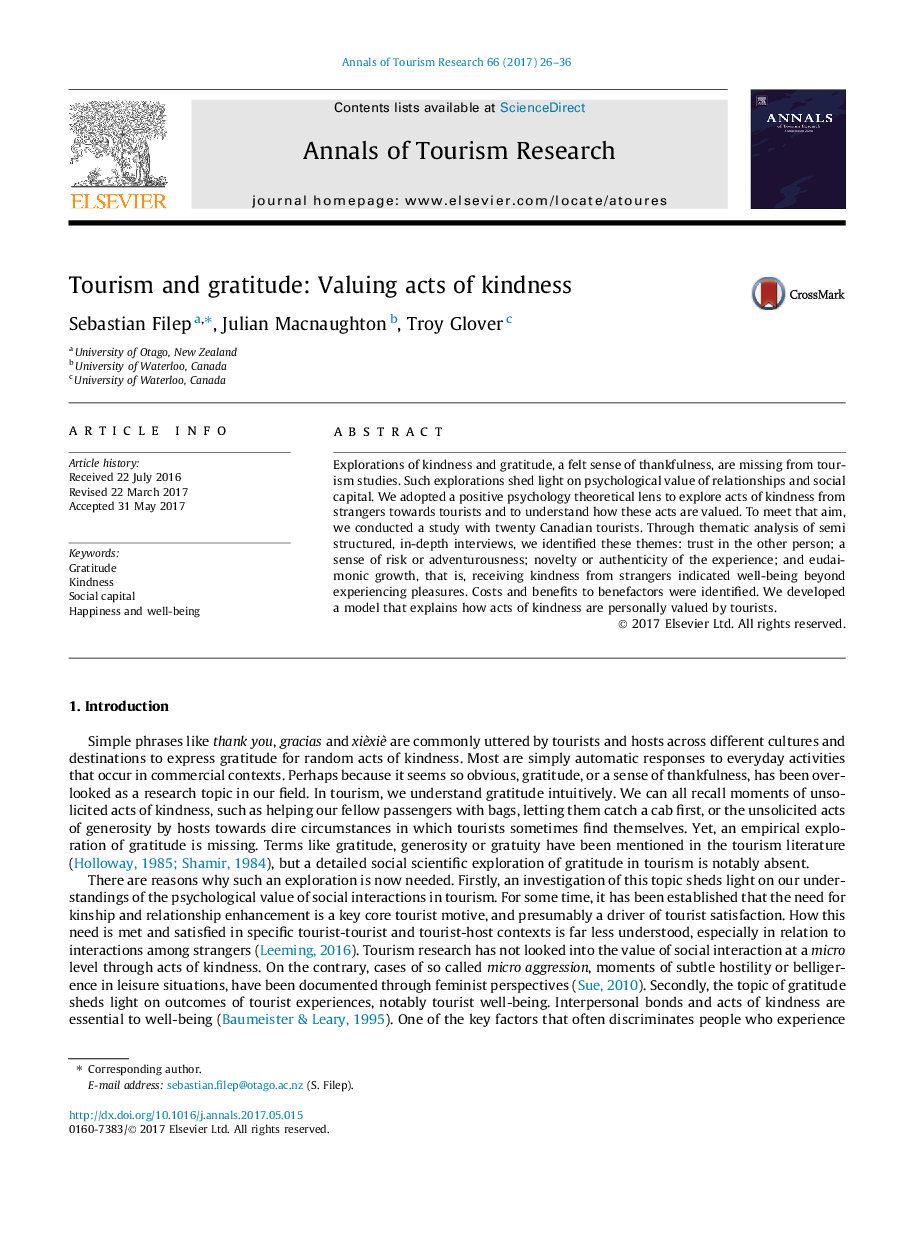| Article ID | Journal | Published Year | Pages | File Type |
|---|---|---|---|---|
| 5101561 | Journal of Monetary Economics | 2016 | 11 Pages |
Abstract
The macroeconomic effects of housing illiquidity are analyzed using a novel directed search model of housing with long-term debt and default. Debt overhang emerges when highly leveraged sellers are forced to post high prices that produce long selling delays. These delays increase foreclosures, raise default premia, and curtail credit. Cheaper credit fuels temporarily higher house prices, faster sales, and fewer foreclosures, but the borrowing surge facilitates future debt overhang and default. More stringent foreclosure punishments also expand credit and, therefore, either generate higher foreclosures or more debt overhang. Leverage caps avoid this conundrum but reduce welfare by restricting borrowing.
Related Topics
Social Sciences and Humanities
Economics, Econometrics and Finance
Economics and Econometrics
Authors
Aaron Hedlund,
